Caprock Chronicles: Elmer The Great: Texas Tech’s first sports superstar
- Oops!Something went wrong.Please try again later.
Editor's Note: Caprock Chronicles is edited by Jack Becker, retired Texas Tech University librarian. He can be reached at jack.becker@ttu.edu. Today’s article celebrates Texas Tech’s Centennial year is about Elmer Tarbox. It is written by frequent contributor Chuck Lanehart, Lubbock attorney and award-winning Western history writer. The article first ran Aug. 21, 2022.
Elmer Tarbox — football champion, war hero, businessman and statesman — arose from humble beginnings in the Texas Panhandle hamlet of Higgins, a town too tiny to field a football team. Born in 1916, Elmer arrived at Texas Technological College in 1935 having witnessed just one gridiron game. He left as Tech’s first sports superstar.
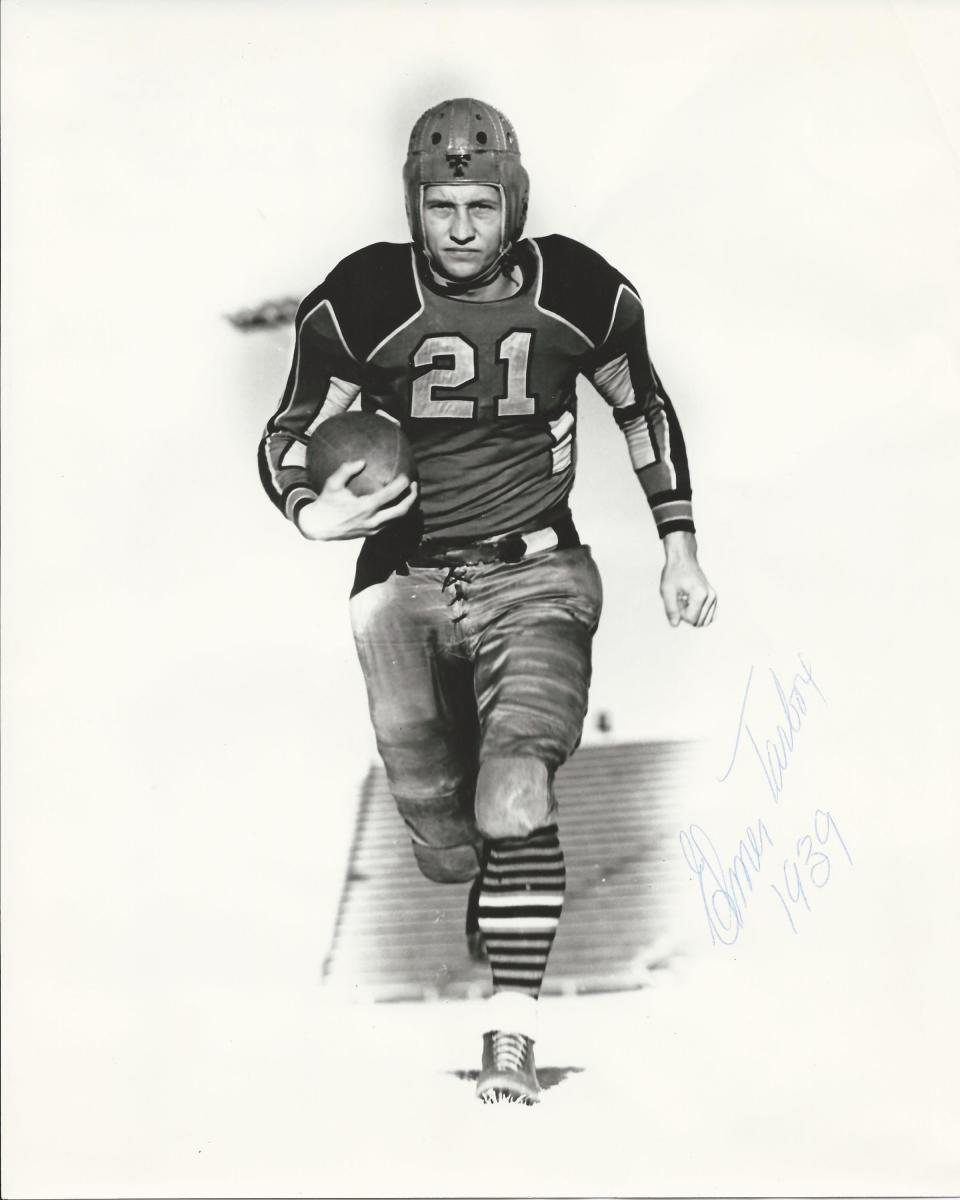
Elmer worked part-time at a downtown service station, washed dishes at the campus cafeteria, and signed up for athletics at Tech because he heard players were fed for free. He was a football “walk-on,” starting for Coach Pete Cawthon’s Red Raiders, and between 1936-1938 he lettered in basketball and track and boxed in the off-season. By the time he graduated, he was known as “Elmer the Great.”
Elmer played offense and defense — halfback and cornerback — helping Tech to its first football conference championship (1937 Border Conference) and bowl game (a 7-6 loss in the 1938 Sun Bowl to West Virginia).
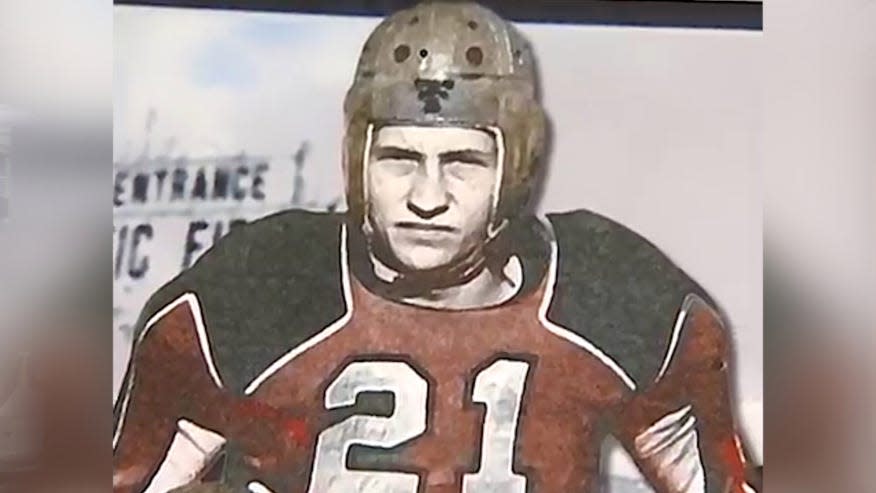
During the 1938 season, Elmer was the best player on Tech’s undefeated football team, and his accomplishments that year were extraordinary, including 11 intercepted passes, an NCAA record for 44 years. His other 1938 national records: 7th in rushing yards, 10th in pass receptions and first in yards per catch. He scored four touchdowns in a single game, a Tech record for 40 years. He was an honorable mention All-America selection, and his team was ranked 11th in final football polls.
In the 1939 Cotton Bowl, Tech faced an underdog, California’s St. Mary’s Gaels, but the Red Raiders suffered three turnovers and were upset 20-13. Elmer caught a touchdown pass and was named co-MVP of the game.
During his Tech career, he was elected president of his junior and senior classes and taught Sunday school at Lubbock’s First United Methodist Church, drawing packed classes of kids wanting to rub elbows with a football star.
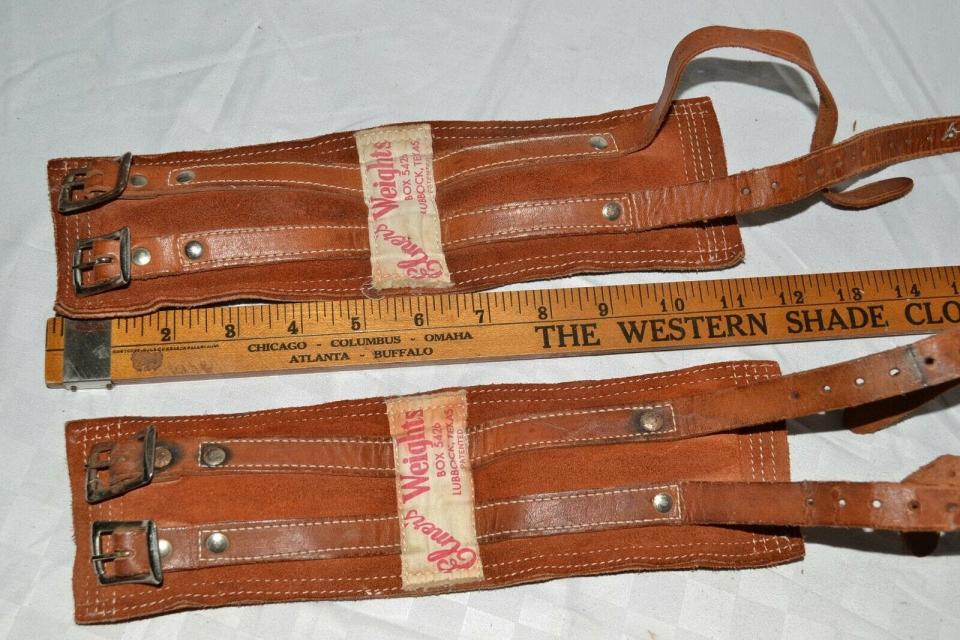
Elmer earned his Bachelor of Business Arts degree in 1939. He was the 18th pick in the 1939 NFL draft — chosen by the Cleveland Rams — but he never played professional football. Service to country became his priority.
In July of 1940 — before the beginning of World War II — Elmer volunteered for the US Army Air Corps. Trained to pilot B-25 bombers, he was sent to the China-Burma-India sector, flying “The Hump” over the Himalayas as a member of General Claire Lee Chennault's "Flying Tigers."
On one such mission, flying low through a mountain pass, Japanese anti-aircraft fire sent shrapnel through both of Elmer’s legs. He was hospitalized and offered a chance to convalesce in the U.S., but he decided to stay in India, where he oversaw armament and bomb site maintenance.
Elmer also helped modify the B-25 “wobble gun,” featuring a rotating barrel at the stern which sprayed bullets at enemy aircraft approaching from the rear. The modifications vastly improved the firepower of gunners, saving American lives wherever the B-25 was in use.
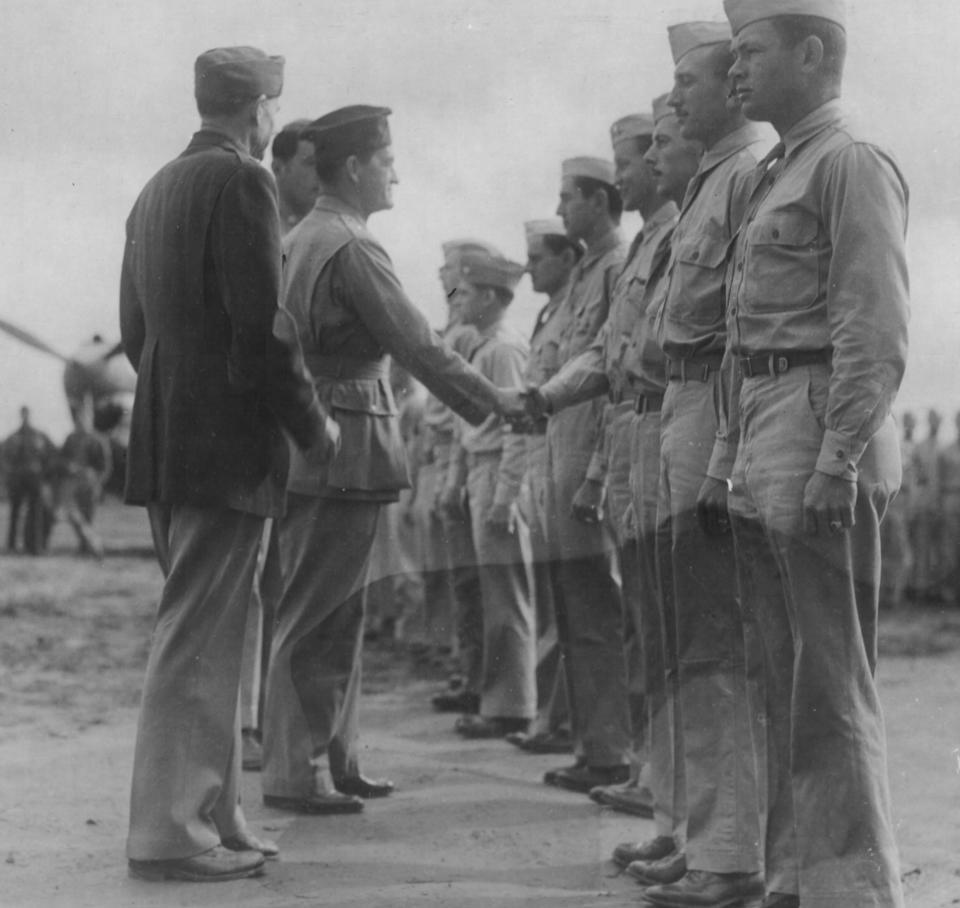
By the end of the war, Elmer had been promoted to lieutenant colonel, awarded the Silver Star for gallantry in action, the Air Medal for heroic, meritorious achievement while participating in aerial flight and the Purple Heart.
Elmer married the former Maxine Barnett, whom he had met at church in Higgins, and when he left the military, they returned to Lubbock. He worked for a local auto dealership and operated Lubbock’s first drive-in movie theater, located in the northwest part of town.
Meanwhile, the couple began to develop an ankle-and-wrist weight device to strengthen athletes. As a player, Elmer observed mud that stuck to football players' shoes added weight and caused fatigue to already tired muscles, but the benefits were visible weeks later in stronger ankles with better muscle tone.
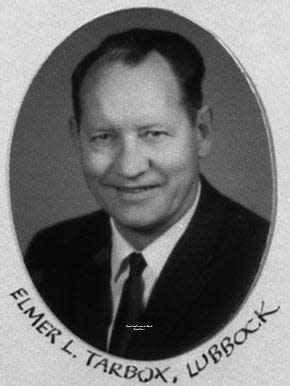
In 1957, he began manufacturing “Elmer’s Weights.” It was a home industry at first, with the family fireplace used to melt lead ballasts as Elmer and Maxine sewed leather pouches and bindings in place. Elmer quit his job at the auto dealership to promote his product as far as Europe. Initially, NFL Hall of Famer Bobby Layne served as the company’s vice-president.
Sears, Roebuck & Co. began placing large orders for Elmer’s Weights, which were featured in the Sears catalog. The family subsequently acquired property in Wolfforth and opened a factory.
In 1966, Elmer was elected to the Texas House of Representatives and served in the legislature for the next ten years. During his tenure, he helped establish the Texas Tech University School of Law and what is now the Texas Tech Health Sciences Center (TTUHSC).
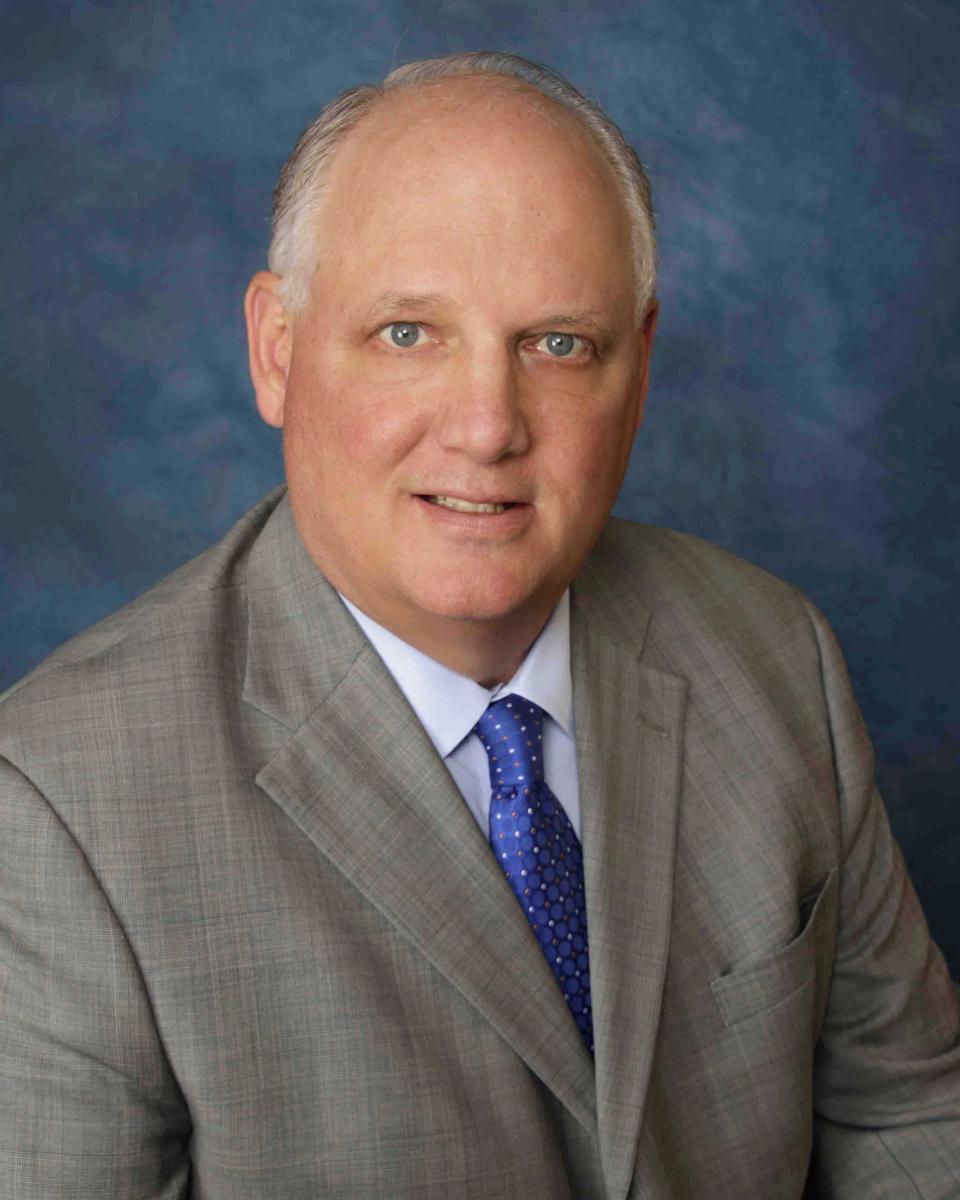
Elmer and Maxine raised four children. Elmer suffered from Parkinson’s disease and in 1972, he founded the Tarbox Parkinson’s Disease Institute at TTUHSC. Maxine died in 1978, and Elmer died — of complications from Parkinson’s in 1987.
In August of 2021, Elmer was inducted — much too late — into Tech’s Football Ring of Honor. Athletic Director Kirby Hocutt said, “He was truly the Texas Tech version of Jim Thorpe.”
This article originally appeared on Lubbock Avalanche-Journal: Caprock Chronicles: Elmer The Great: Texas Tech’s first sports superstar
